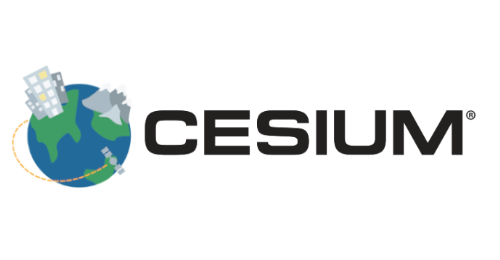 Edwin Bos savored the idyllic scene: blue sea, brilliant sun and his two small children frolicking on Scheveningen Beach. Popular with tourists and locals, the 4.5-kilometer stretch of Dutch coast is filled with aquatic wildlife and grassy dunes.
Edwin Bos savored the idyllic scene: blue sea, brilliant sun and his two small children frolicking on Scheveningen Beach. Popular with tourists and locals, the 4.5-kilometer stretch of Dutch coast is filled with aquatic wildlife and grassy dunes.
But for Bos, all that beauty quickly faded amid one tiny discovery. It happened as his son, then 4, dug into the sand and raised his hand to show his father a fresh find.
“What do I do with it?” the boy asked. In his fingers, he held a cigarette butt.
“Not good,” the father thought.
Turned out, cigarette butts littered the landscape. Bos instantly realized some things. First, beach visitors needed to change their ways if they thought stuffing used filters in the sand meant the nasty scraps were now harmless. Second, he would find a way to help solve the problem.
Two years later, Bos and fellow entrepreneur Martijn Lukaart have built a mobile, beach-cleaning machine that can spot cigarette butts, pluck them out and dispose of them in a safe bin. Bos and Lukaart are the co-founders of TechTics, a consultancy based in The Hague that works to resolve social issues with technology.
Their prototype, called “BeachBot” (“BB” for short), uses artificial intelligence (AI) to learn how to better find the strewn filters, even if they’re partially buried in sand. BeachBot has completed one demo – at Scheveningen Beach during World Cleanup Day last September. Another demo is scheduled for this summer.























